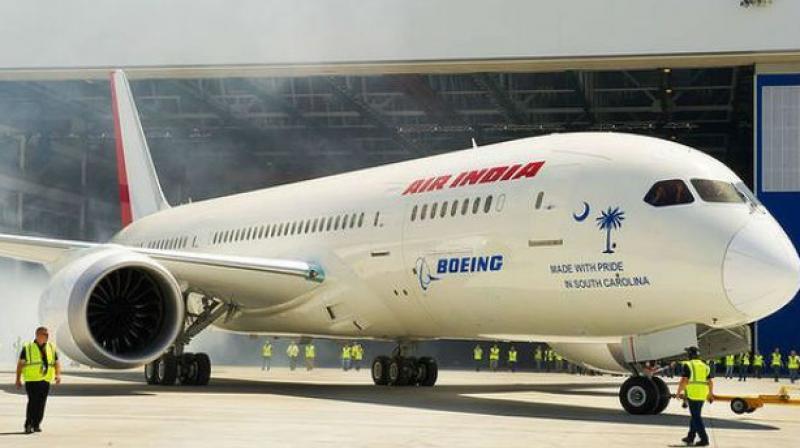Move for 49 per cent FDI in Air India is welcome

The government’s proposal to allow foreign airlines to own 49 per cent of Air India while it retains management control is welcome, and ends 18 years of dilly-dallying over the airline’s fate. The good of the airline was the deciding factor behind the proposal, and this should be accepted by all those opposing it. Interestingly, the plan also provides for Indian bidders to get 51 per cent control as the government wants the airline to be in Indian hands. Indigo and the Tatas have shown interest. The government could then sell its shareholding and a successful Indian bidder could own Air India in future.
Air India’s intrinsic value is evident: its many suitors, domestic and foreign, lost no time in expressing their interest. It has valuable slots in Mumbai and Delhi, as well as London and New York, which will give any suitor a competitive edge. Among the suitors is Vistara, the Tata-Singapore Airlines joint venture. The Tatas were, after all, civil aviation pioneers in India and it was visionary J.R.D. Tata who started Air India in 1946 as India’s first international airline. It’s imperative for the government to hive off a chunk of its shareholding as under complete state control the airline’s marketshare dipped from 14 per cent to 10 per cent in five years as the market grew 22 per cent. Successive Air India managements led by bureaucrats failed to change systemic weaknesses and the old culture of promotions by seniority rather than aptitude and competency. This partial disinvestment move comes seven months after the Narendra Modi Cabinet cleared the disinvestment of Air India shares to create a level playing field in a highly competitive business. It’s also welcome as it follows the principle that the government shouldn’t be in the business of running businesses. It’s strange that the Congress is complaining about this move as it was then Prime Minister Rajiv Gandhi who first referred Air India to the Disinvestment Commission in the 1980s. The national carrier can never succeed under government control is clear from two key parameters — on-time performance and occupancy. Air India was the last of all airlines on both counts. The government also couldn’t break the stranglehold of the powerful unions. Air India is surviving on successive bailouts by the government. It’s time it stopped using good money to change the bad. The airline is increasingly marginalised: it hasn’t ordered a single aircraft while others are expanding their fleet and grabbing marketshare. No new recruitment has been made in 15 years.
Among other proposals, the Cabinet also permitted 100 per cent FDI in single-brand retail via the automatic route — which will boost India’s image as an investment destination when the Prime Minister visits Davos later this month for the WEF’s annual meeting.

